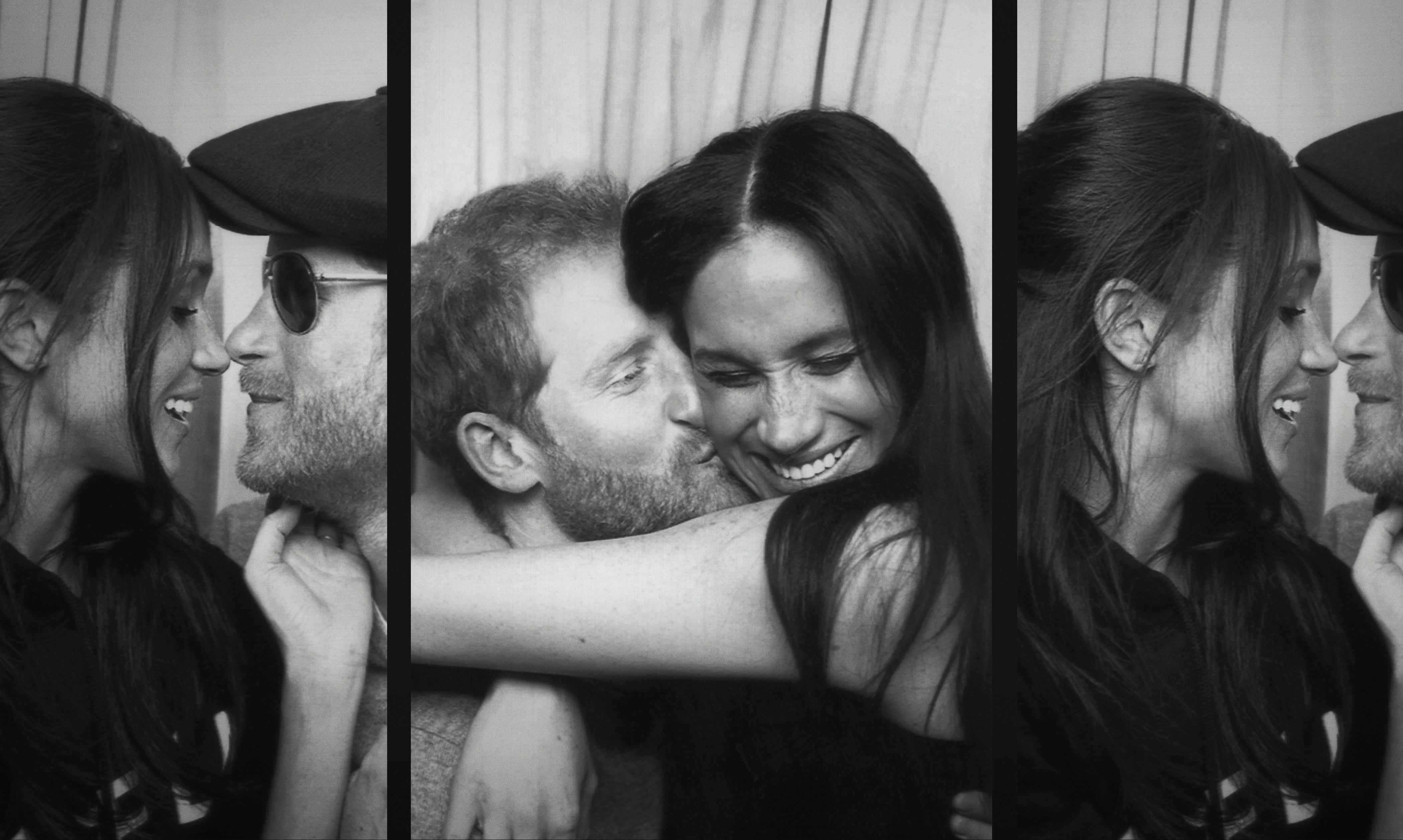Meghan is fighting a David and Goliath battle
Letters to the editor: our readers share their views. Please send your letters to letters@independent.co.uk

Everyone should be able to put their side of the story across. Why should Meghan and Harry not be believed? Why should they not be permitted to speak their truth?
I do not know Meghan, but having watched Diana suffer, I feel she is fighting a David and Goliath situation. She and Harry should have their say and yes, if possible, be paid for it.
Catherine Spink-White
Address supplied
Meghan for president
I have always liked Harry – he seems like a “real” person with aspirations and ambitions, just as many of his age do. He has willingly put his life on the line for “Queen and Country”. He has used his royal position in the main for the benefit of others – his charity work in Lesotho and Botswana in particular.
Yes, Harry and Meghan have possibly entered into some deals that they should have been a little more circumspect about before signing on the dotted line, but they have shown entrepreneurship and determination to create a life for themselves.
I actually hope that Meghan gets involved in politics and is successful. Wouldn’t that be a send-up to certain sections of the British media if she became president of the US – there have been far less likely candidates – and had to be given a state banquet at Buckingham Palace?
Chris Jackets
Address supplied
Cultivate your own garden
I try not to have personal opinions about those I have never met. When Meghan was introduced, she could do no wrong and I thought at the time: “Enjoy this while you can. It will not last.” I was sorry to be right.
I understand their desire to have their say but whatever they say, they cannot win. If I was in a position to advise them. I would say: “Live your life and don’t try and justify yourselves. Justification never works and only feeds the public’s baser instincts. It is hard to be misunderstood, but it happens to everyone. Cultivate your own garden. Don’t go on public platforms and don’t respond to criticism.”
I won’t be reading or listening to anything about them. Good luck to them but I hope they can be more adult than the rest!
Vanessa Smith
Address supplied
A discriminatory decision
The Archbishop of Armagh is right to question the decision of the UK Supreme Court which has allowed the creation of buffer zones around abortion clinics in Northern Ireland. That decision is discriminatory, effectively denying freedom of expression and belief in a public space.
It has serious implications for freedom of speech and belief in the UK as a whole. One sometimes wonders about the wisdom and the ability of members of the Supreme Court to make balanced judgements.
Jonathan Longstaff
Buxted
Red line
After reading Mary Dejevsky, who writes that “There will be no peace in Europe until Russia feels safe”, it all seems to come down to a red line. Not that she specifically mentioned one, but that appears to be the thesis espoused by Benjamin Abelow in the book How the West Brought War to Ukraine on which this article is largely based. Simply put: Russia laid down a red line to the west of its “near abroad” (as the Russians like to call their neighbours); Nato has repeatedly crossed it; and hence Russia had no choice but to invade Ukraine.
While this over-simplified narrative may have some basis in fact, it cannot serve as a justification for war unless the Red Line itself can be justified. It certainly does not have a legal basis. Nor, it seems to me, could one use it to craft an ethical argument based on the tortuous principles of a “just war” (and anyway, Dejevsky doesn’t even try).
So the justification for the red line is simply based on what I understand is known as a “realist” view of foreign policy: Russia is a great power and has the right to impose its will on its neighbours; any talk of ethics or legality is superfluous. This brutal thesis could be one that trumps all the others if it were true. But is it?
To keep up to speed with all the latest opinions and comment, sign up to our free weekly Voices Dispatches newsletter by clicking here
Russia is most certainly a nuclear power but the events of the last nine months appear to have demonstrated that Russia is not a great power.
In this case, the realist justification for Russia’s actions fails along with the legal and ethical arguments. Counterfactual scenarios are always tricky, but what evidence is there that had Nato behaved more sensitively, the war unleashed in February would not have happened? So long as the Russian leadership fantasised about its great power status, any evidence of Nato backing down would perhaps have made Russia more rather than less aggressive. This indeed seems to be the lesson to be learned from its easy occupation of the Crimea.
So, sadly, perhaps peace in Europe will not be achieved by making Russia feel safe but rather by Russia learning that the Brezhnev Doctrine is dead.
Christopher Ousey
Clarbeston






Join our commenting forum
Join thought-provoking conversations, follow other Independent readers and see their replies
Comments